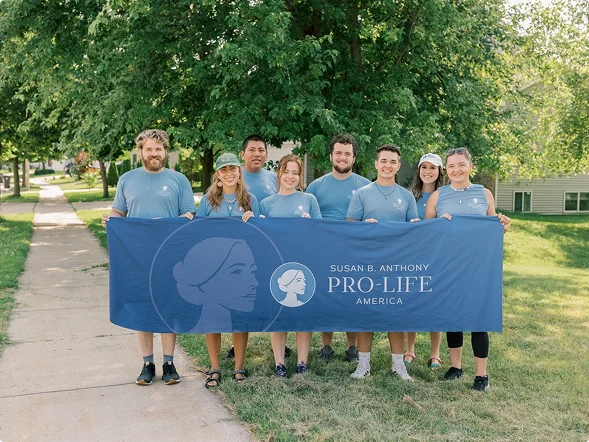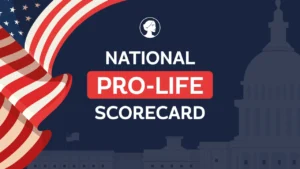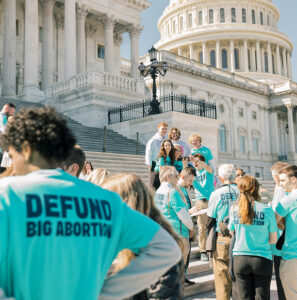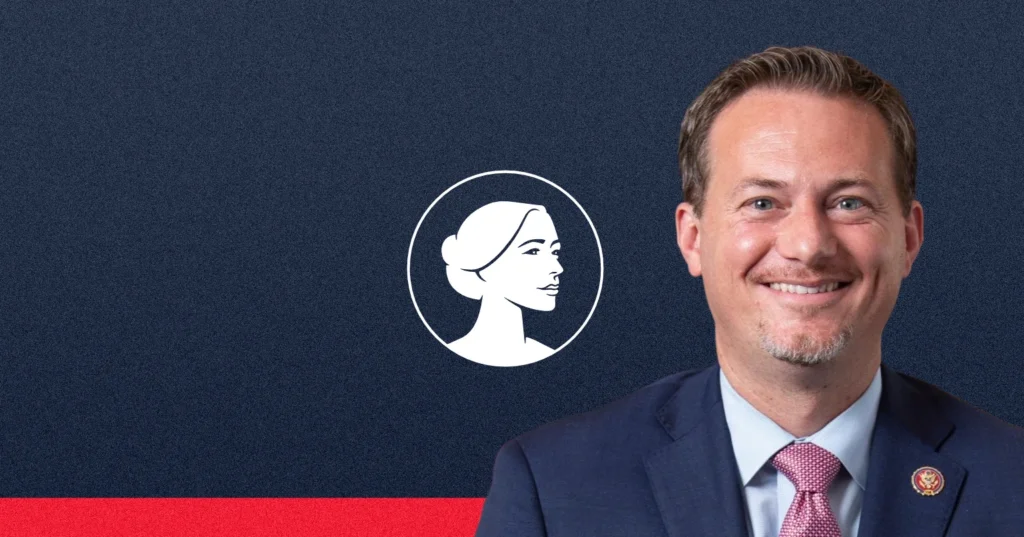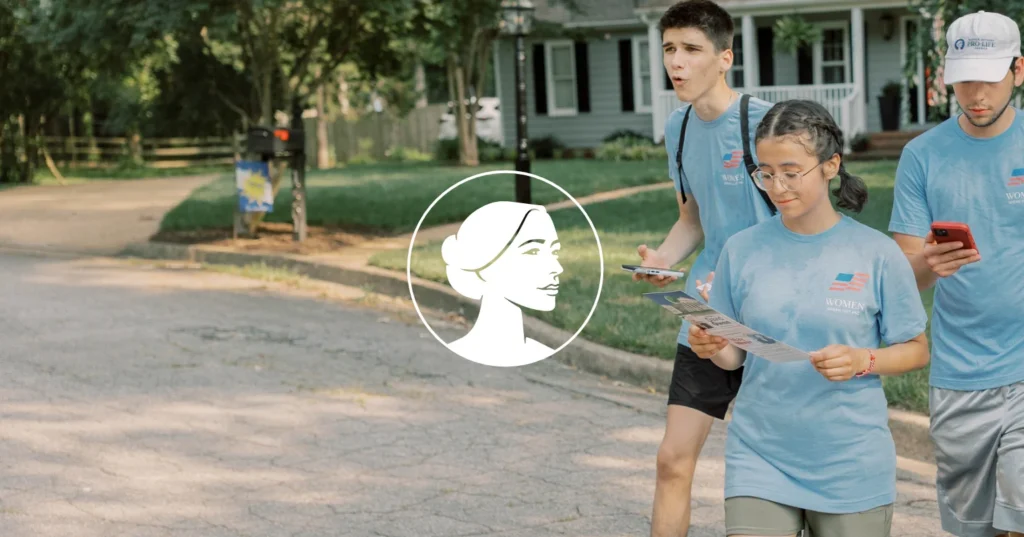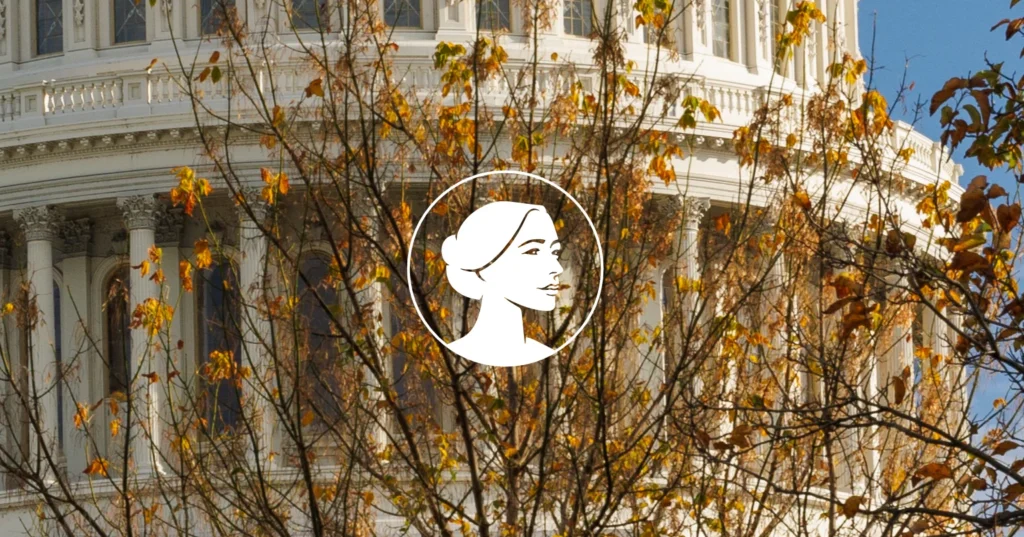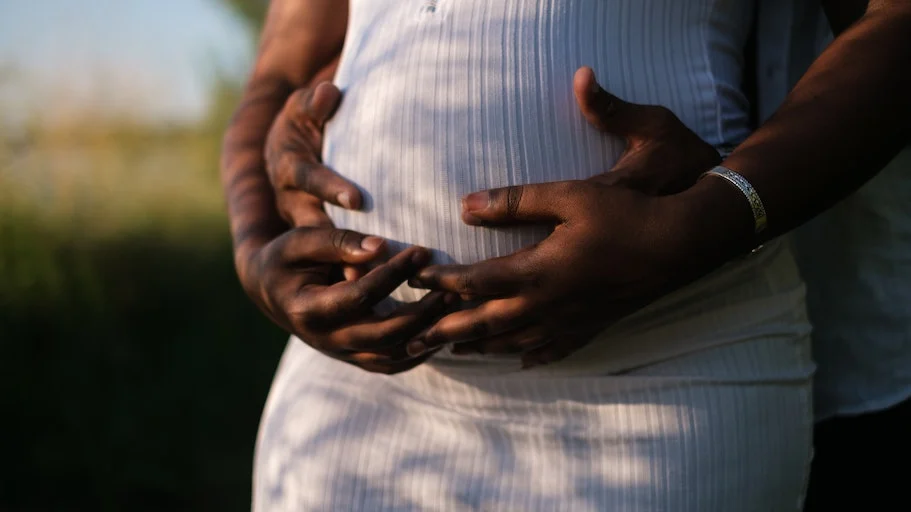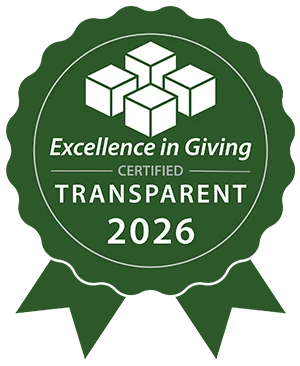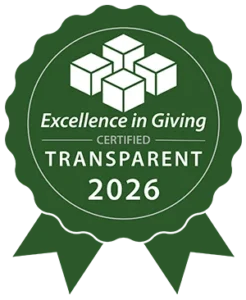Five Pro-Life Policy Areas States Should Legislate On This Year

In May 2023, the Charlotte Lozier Institute released a peer-reviewed study showing 60 percent of women who had abortions would have carried their child to term if they had greater emotional or financial support. The research emphasizes why the pro-life mission has long been to help women as well as advocate for unborn children. While states have made great advances since the Roe decision, the work to serve mothers during pregnancy and after a child is born is undone.
As legislative sessions begin, here are five pro-life safety net policy areas states should consider this year:
1. Financial support for moms
Financial support for mothers should start when the unborn child’s life begins and extend after a child is born. States have the opportunity to update existing laws and policies on child support, for instance, so that absent fathers are making payments to support their children in the womb before they are born as well as after. Similarly, states should consider creating or extending child tax credits or deductions for unborn babies to help all new parents. Eliminating sales tax on baby items like diapers and formula as Florida has done is also a family-friendly policy that helps in those early years.
2. Childcare
Finding quality, affordable childcare is a top worry for working parents all across this country. In addition to increasing funding for childcare and adding childcare for state employees, state leaders have the chance to innovate on childcare solutions. States in need of a budget-conscious childcare solution can look to West Virginia which recently established a tax credit for businesses that start daycares for employees. Businesses are able to claim a 50% tax credit over 5 years to recoup costs. Under the West Virginia model, employers don’t have to go it alone and can band together to accomplish this.
3. Adoption
Adoption policies should serve both mothers who create an adoption plan and adoptive parents. Every year, thousands of birth mothers selflessly choose adoption and we can serve them better by establishing a package of postpartum services and support in the months following birth. The adoption process can also be complicated and state leaders can adopt policies to better protect birth mothers and adoptive parents from scams.
4. Baby boxes
Safe haven baby boxes prevent the abandonment of newborns by giving mothers in crisis an anonymous lifesaving option for their children. Many states have passed baby box laws, but there are others that have yet to act. Legislation establishing safe haven baby boxes as well as the funding to promote the program is much needed in those states.
5. Pregnancy centers
More than 3,000 maternity homes and pregnancy resource centers exist across the country to help women who find themselves facing unplanned pregnancies. These centers provide parenting classes, financial classes; items such as food, diapers, and clothing, financial assistance for housing and utilities and so much more. Women who are without jobs, facing domestic abuse, addiction, poverty or simply feel alone during their pregnancy, can seek unconditional love and support from these centers. Physicians and licensed medical professionals work to extend compassionate medical care to these women through free pregnancy tests, ultrasounds, medical exams, and counseling – working to heal the whole woman and leave no stone or worry unturned.
Seventy-four percent of Americans said they want public funding for such centers after learning what services the centers offer. By allocating funding for PRCs and establishing tax credits for individuals and businesses that donate to pregnancy centers, we can work to support the very centers that break down the barriers that prevent women from choosing life.
Continue Reading atMake your gift to serve women and save babies today.
SBA Pro-Life America's mission is to end abortion by electing national leaders and advocating for laws that save lives, with a special calling to promote pro-life women leaders. Your secure gift today will help to advance a culture of life and protect unborn children and their mothers from abortion.
Donate
